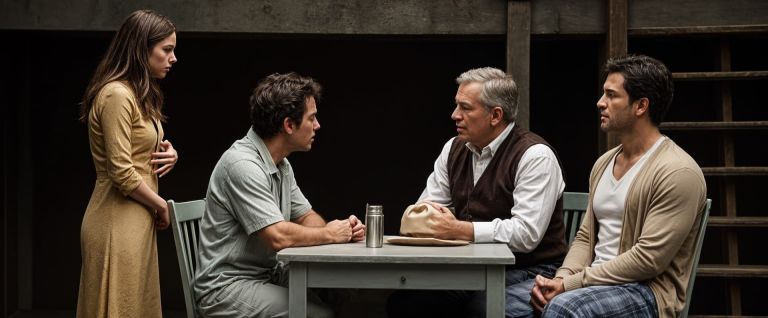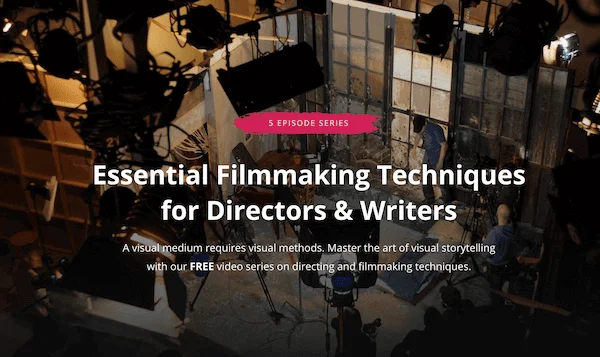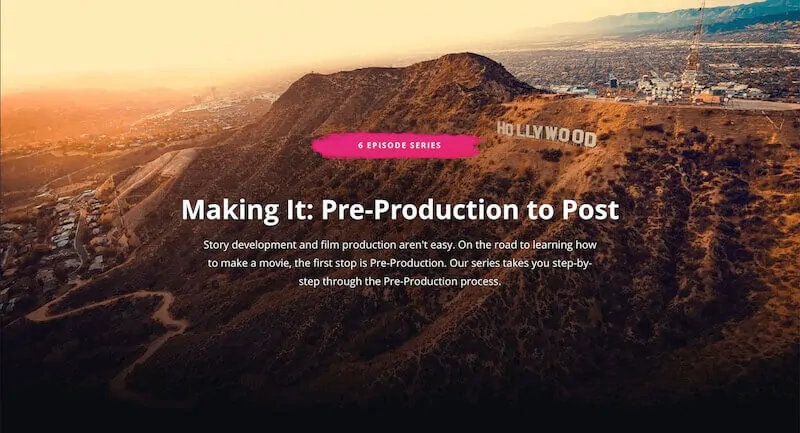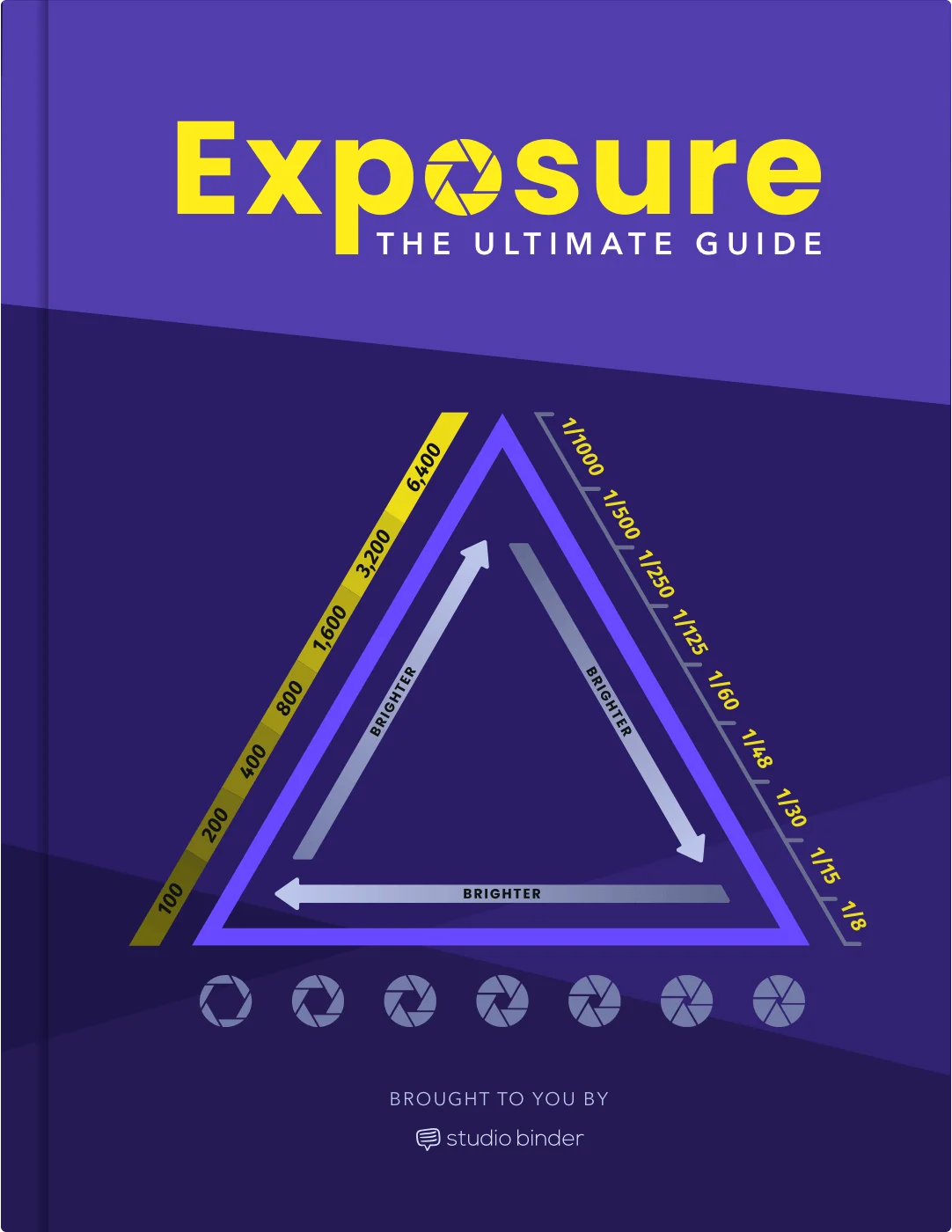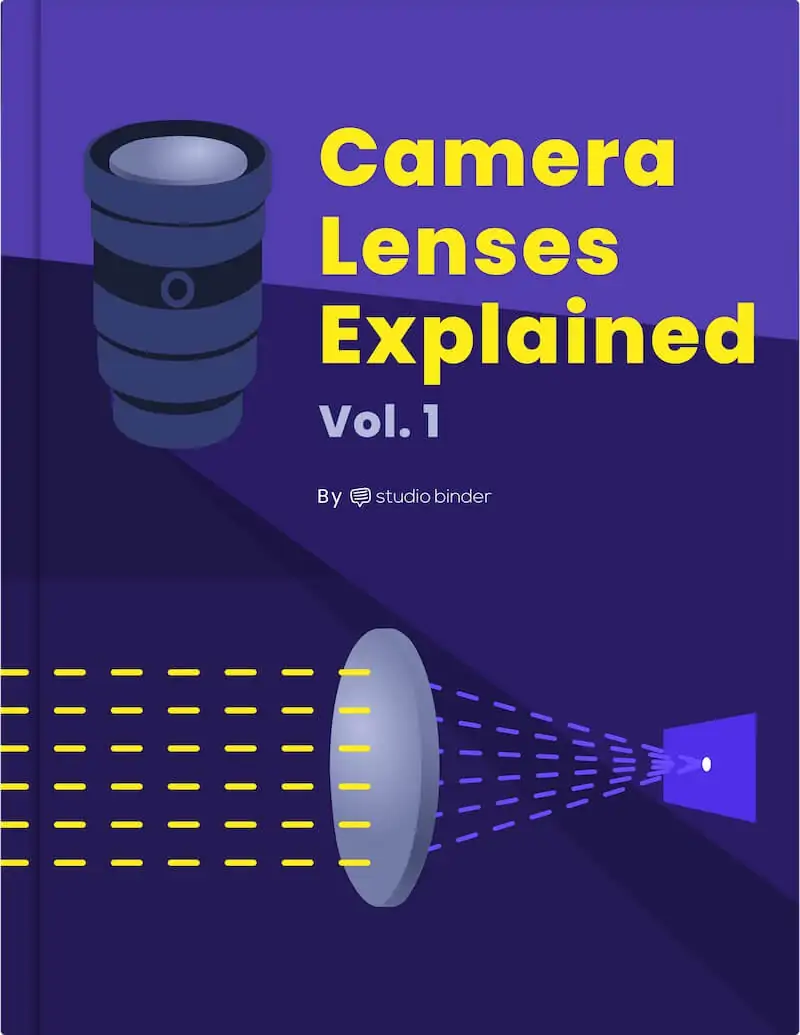What is a protagonist? What makes a story truly memorable? Often, it's the protagonist—the driving force who takes us on an unforgettable journey. Many refer to it as the leading character in a story. But is the protagonist something more? Or something less? To understand the definition fully, we need to look at how different types of protagonists are used in screenwriting. This will help us understand, what is a protagonist, and which type works best for our scripts.Continue reading What is a Protagonist — Definition & Examples for Screenwriters
In most stories, conflict is the engine that drives the narrative, breathing life into the characters and drama into a plot. Depending on the story, different types of conflict can emerge bringing about different forms of drama and various types of stories. Continue reading Types of Conflict in Literature and How to Write Them
Think for a moment about some of your favorite films and books. How was the story told to you? Is there a voice you can think of behind it? If so, this is the power of the narrator. How much can a narrator impact a story and what exactly is narration? In this read, we’ll explore the art of narration and its significance in storytelling. Continue reading What is Narration — Definition, Types, and Examples
Most stories focus on a central character. They are our eyes and perspective into the world of the story. What we may not notice, however, is the impact that other characters have on us as readers or audience members. While not at the forefront of the story, secondary characters strengthen the central characters, contribute to the main narrative, and build out the narrative world.Continue reading What is a Secondary Character — Examples & Functions
In the late 19th century, a group of writers pioneered an approach to literature that would examine every pore of human life, the beautiful and the brutal alike. Eventually, this approach became known as naturalism, an unflinching mirror held up to society, reflecting life in its most unvarnished form. But what exactly makes naturalism stand out among the many literary movements?Continue reading What is Naturalism in Literature — Definition & Examples
The three-act structure is perhaps the most common narrative structure that is studied and analyzed, known for its simplicity and universality in so many stories.However, the lesser-known five-act structure deserves its share of the spotlight. Originating from classical drama and famously utilized by playwrights such as William Shakespeare, the five-act structure offers a more nuanced approach to narrative development. Continue reading The Five Act Structure in Storytelling Explained
The resolution, the all-important finale, the final act where all threads come together and we find some semblance of closure. It's in these final moments that the heart of as story should beats the loudest. Crafting a great ending means having a solid understanding of resolution and how to write or not write one to tell the best story.Continue reading What is Resolution in Story — Types & Functions Explained
You’ve probably heard the term, “fan fiction” and instantly pictured a blogger writing their own version of a Lord of the Rings epic or a website hosting user-created takes on Twilight and Star Trek cross-overs. Over the course of this article, we’re going to define what “fan fiction” means as well as provide examples of how it’s evolved in today’s world. Let’s dive in.Continue reading What is Fan Fiction — Definition, Examples, and Genres
EXT: three little letters that communicate a lot. But what does EXT mean in a script? We’re going to answer that question by defining the term and by breaking down some examples from real-world screenplays. By the end, you’ll know what EXT means and how to correctly utilize it in your own writing.Continue reading What Does EXT. Mean in a Script — Screenwriting 101
An ensemble cast in cinema and theatre is like an orchestra, where a group of diverse and talented performers come together, each contributing their unique notes to create a harmonious performance. But what exactly is an ensemble cast? How does it enhance the narrative and engage audiences in a distinct way? Continue reading What is an Ensemble Cast — Examples & Characteristics



